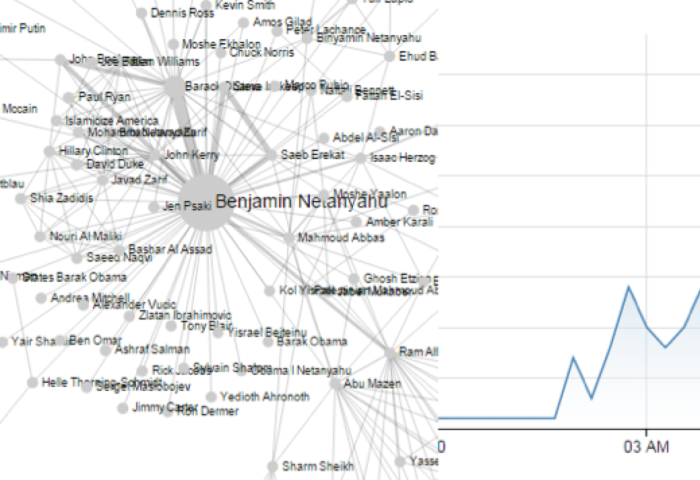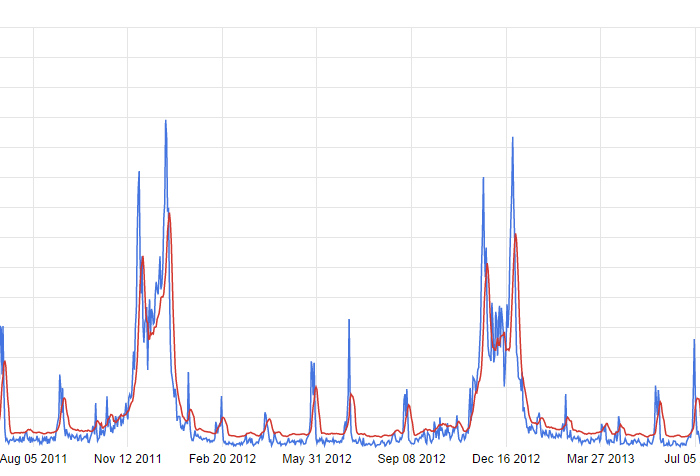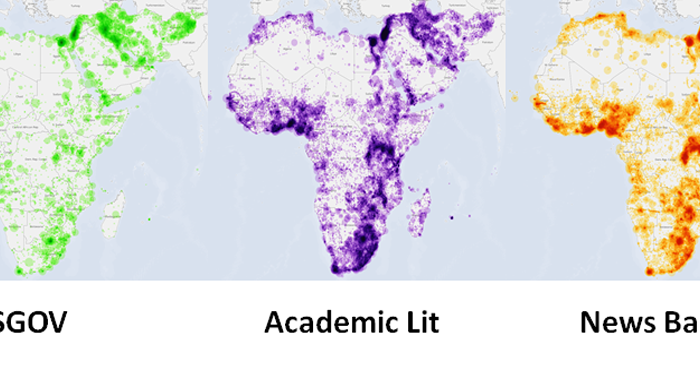Below, Kalev H. Leetaru, a data scientist and the past 2013-2014 Yahoo Fellow at Georgetown University, writes about the future of mass translation of the world’s news media. Imagine a world without language barriers, where journalists and citizens can access real-time information from anywhere in the world in any language, seamlessly translated into their native […]
Article · March 27, 2015 by Kalev H. Leetaru


